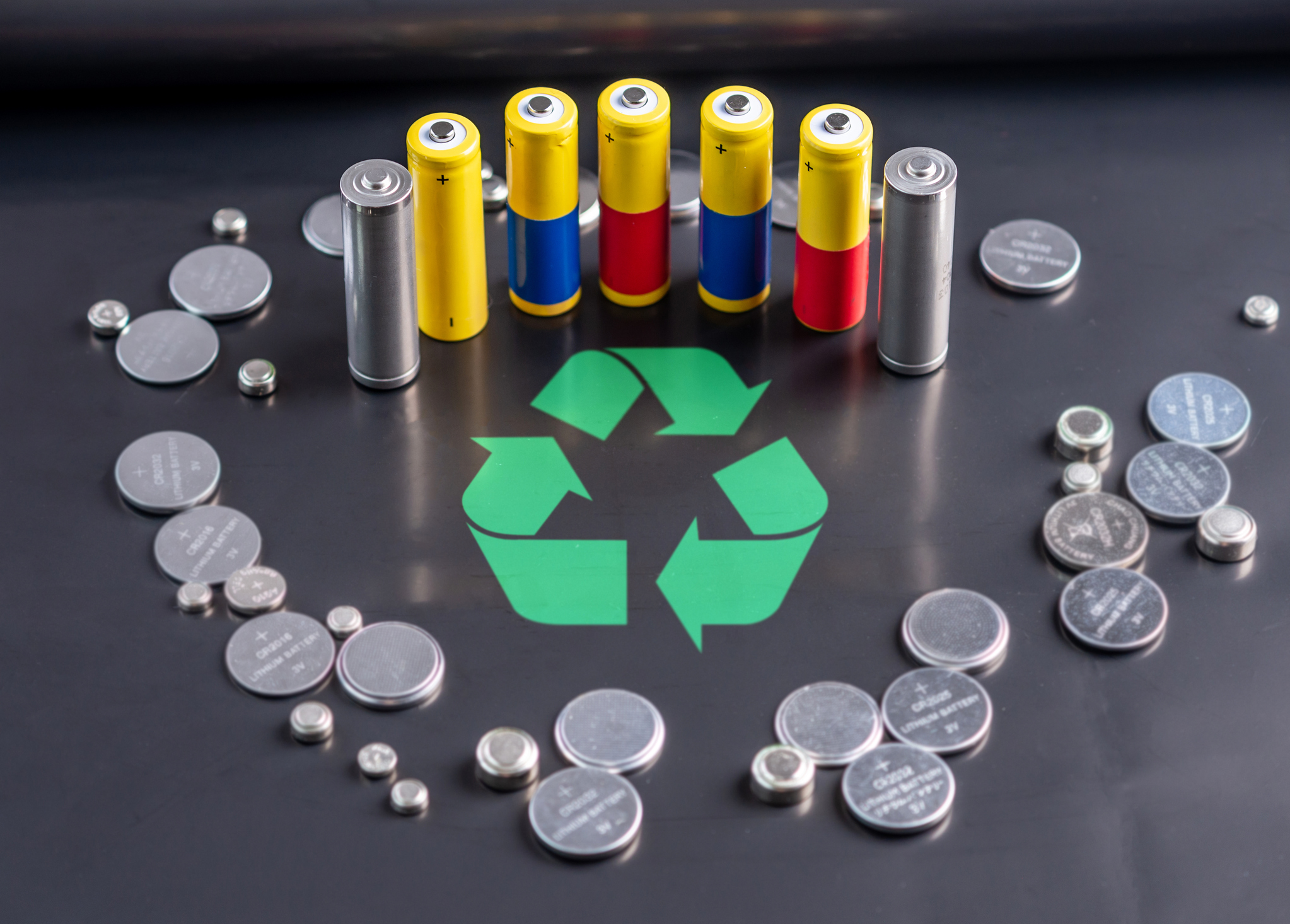Iondrive Joins €3.1M German Consortium to Advance Closed-Loop Battery Recycling

According to an announcement by Iondrive and reports from industry sources, the Australian clean-tech company has joined a €3.1 million (A$5.5 million) European consortium established to build a closed-loop battery recycling industry in Germany. The initiative is supported by a €2.07 million (A$3.7 million) grant from the Government of North Rhine-Westphalia (NRW).
It is reported that the project is led by RWTH Aachen University and brings together several key players across the European battery materials supply chain. Iondrive will act as the core technology partner, applying its proprietary Deep Eutectic Solvent (DES) process to recover high-purity nickel, cobalt, lithium, and manganese from black mass—the residue generated from spent lithium-ion batteries.
According to Iondrive’s Chief Executive Officer, Dr. Ebbe Dommisse, the collaboration integrates all stages of the battery lifecycle, from dismantling to cell manufacturing. “The consortium not only provides an entry point into the European market, but also potentially secures feedstock from our upstream industry partners while developing off-take agreements for product with our downstream partners,” he said.
According to project information, the consortium will aim to prove that batteries produced with up to 80% sustainably recycled materials can deliver comparable performance to those made from virgin metals. Participants reportedly include Accurec Recycling, NEUMAN & ESSER Process Technology, Constantia Patz of Constantia Flexibles, and the Production Engineering of E-Mobility Components (PEM) group at RWTH Aachen.
Iondrive EU GmbH will process black mass supplied by Accurec and convert the recovered materials into new cathode precursors, which will later be validated by automotive original equipment manufacturers (OEMs) once technical milestones are achieved. According to company statements, Iondrive will retain full ownership of any intellectual property improvements to its DES technology developed during the collaboration.
The three-year program combines the €2.07 million NRW grant with €1.07 million in co-funding from consortium participants, including €265,000 (A$473,000) from Iondrive. The funding package will reportedly reimburse up to 60% of Iondrive’s pilot plant operating costs, capped at €398,000 (A$710,000), while also providing access to feedstock and validation services at no cost. The project will be administered by Projektträger Jülich on behalf of NRW’s Ministry of the Environment, Nature Conservation, and Transport.
In parallel, Iondrive is constructing a large-scale continuous DES pilot plant at the University of Adelaide, supported by a A$3.9 million grant under the Australian Government’s Industry Growth Program. Commissioning is scheduled for early 2026, after which the unit will be shipped to Germany for integration into the consortium project.
Industry observers note that the collaboration aligns with the European Union’s growing emphasis on circular manufacturing and energy independence. Under the EU Battery Regulation, manufacturers will soon be required to incorporate minimum recycled content and meet stringent recycling efficiency targets. Analysts say projects such as this one could accelerate Europe’s shift toward a more self-sufficient and climate-resilient battery ecosystem.
Source: Iondrive






